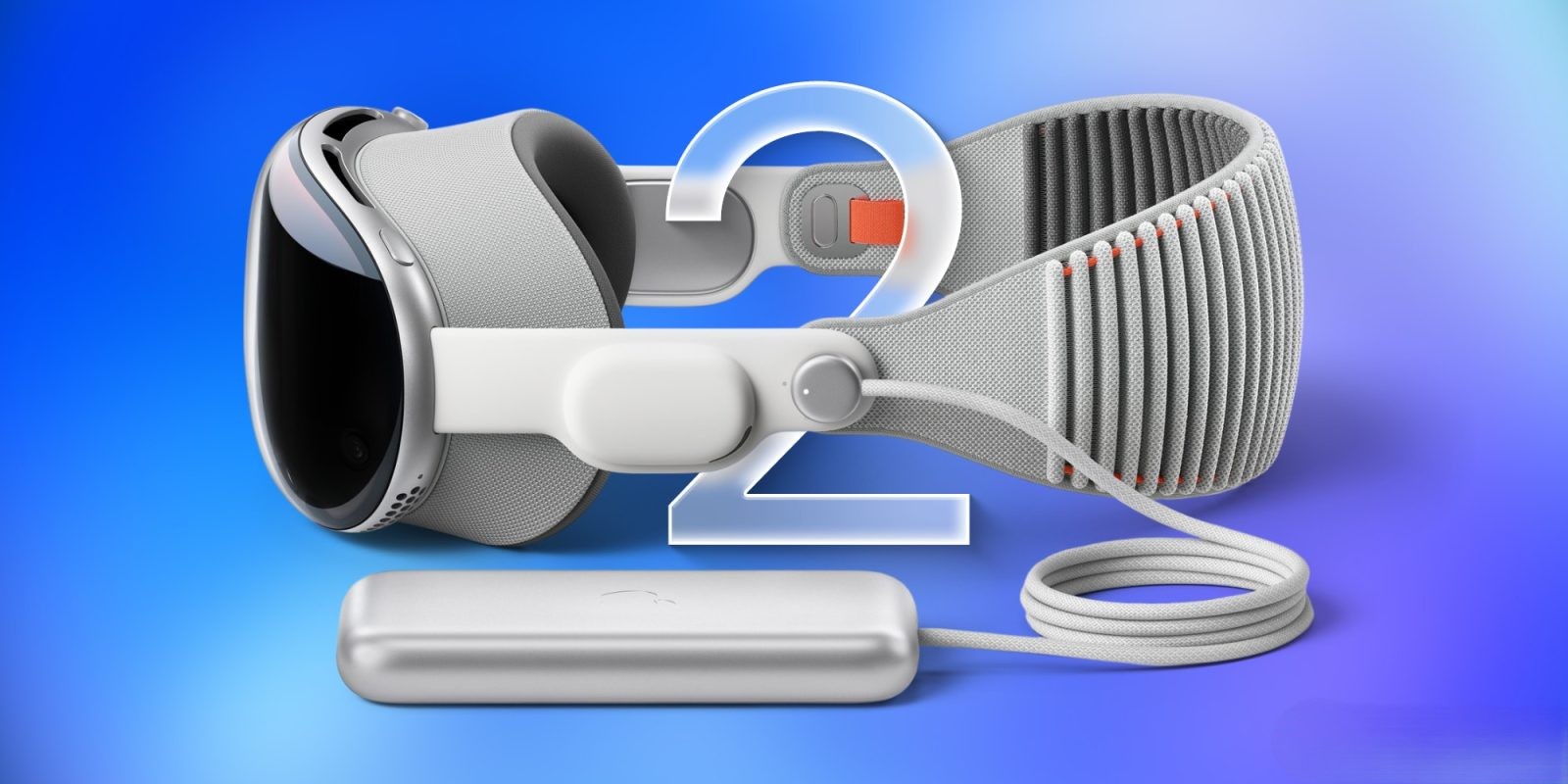Apple’s Appeal Denied in $1 Billion UK Developer Lawsuit
In a significant legal development, Apple has been denied permission to appeal a ruling in a UK lawsuit where over 1,500 app developers accused the tech giant of imposing excessive commission fees on app sales and subscriptions. This decision could potentially cost Apple between £1 billion and £2 billion ($1.3 billion to $2.6 billion).
Background of the Lawsuit
The lawsuit, initiated in 2023, alleged that Apple’s monopoly over the distribution of iOS apps enabled it to set and enforce high commission rates, leaving developers with no alternative but to comply. The UK’s Competition Appeal Tribunal (CAT) ruled in favor of the developers, stating that Apple’s commission practices were abusive and had a detrimental effect on both developers and consumers. The tribunal highlighted that the inflated commissions led to higher app prices for consumers.
An interesting aspect of the case was the tribunal’s reference to a 2008 statement by Apple’s co-founder, Steve Jobs, who indicated that the App Store was not intended to be a profit center but rather to cover its operational costs.
Current Proceedings and Apple’s Response
The CAT is currently focused on establishing a method to calculate the damages owed to developers and consumers. While the exact compensation amounts will be determined in the coming year, Apple sought permission to appeal the tribunal’s decision. However, this request was denied. Under UK legal procedures, Apple can now directly petition the Court of Appeal to challenge this denial.
Apple’s Defense Strategies
Apple is expected to present several arguments in its defense:
1. Market Definition: Apple contends that it does not hold a dominant position in the mobile apps market, given its minority share in the global smartphone market. The company argues that defining the market solely as iOS apps is too narrow and does not reflect the competitive landscape.
2. Privacy and Security: Apple emphasizes that the App Store’s structure ensures high standards of privacy and security for users. The company argues that allowing alternative app distribution methods could compromise these standards.
3. Intellectual Property Value: Apple asserts that its intellectual property, including development tools like Xcode, provides significant value to developers. The company believes it is justified in recouping its investments through commission fees.
4. Consumer Impact: Citing a recent study, Apple argues that its commission rates have minimal impact on app pricing and that consumers are not adversely affected by these fees.
Implications and Next Steps
Apple’s next course of action involves appealing directly to the Court of Appeal. Given the case’s significance, it is likely that the court will agree to hear the appeal. This lawsuit is part of a broader pattern of legal challenges Apple faces regarding its App Store practices, including similar cases in the European Union and other jurisdictions.



